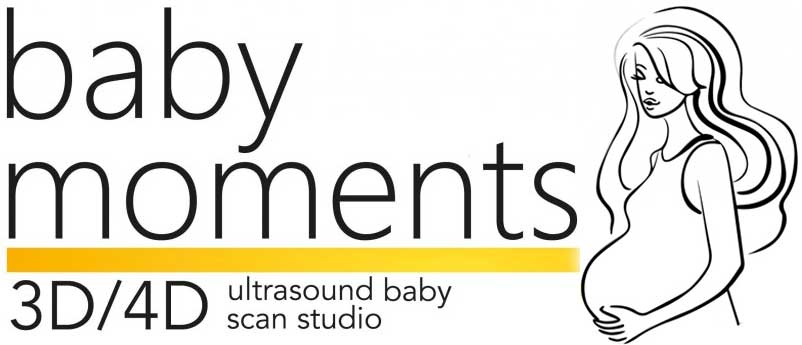Alcohol can cause many different symptoms which are found in Fetal. Alcohol Spectrum Disorder (known as FASD). This is due to the fact that alcohol travels straight into your baby’s body, in high concentration levels, through your blood stream, via the umbilical cord and into the placenta. FASD can result in children having disabilities and attention disorders. Other things which can also be affected are language, vision and hearing problems, and many other issues too. The very best advice is to keep that lovely bottle of wine or refreshing gin and tonic, until after the birth of your healthy child. Even then, if you are breast feeding, alcohol consumption should also be taken very seriously.
Caffeine:
The risk of a miscarriage can be increased by consuming high levels of caffeine. It is best to try to stop drinking coffee, or drinks with high caffeine levels completely. Two or three cups a day may not seem like a lot to you, but to be safe, eliminating caffeine altogether is definitely the best decision.
If this is too extreme and you cannot do so, then try hard to reduce your intake to one cup per day, or drink decaffeinated drinks.
It is also worth remembering that there are other beverages and foods which contain high levels of caffeine. These include black and green tea, cola drinks (like pop) and even chocolate.
However, these foods and drinks can be consumed in moderation; such as one cup of tea, half a glass of cola or a chocolate bar, once a week. The reason for this is due to the fact that the caffeine content in these type of products is typically much lower or more than that in a cup of coffee (e.g. 90-140mg caffeine).
You will be pleased to know that the average chocolate bar only contains between 5-30mg of caffeine. However, you should still consider the FAT content in chocolate bar and remember that these should be eaten in moderation.

